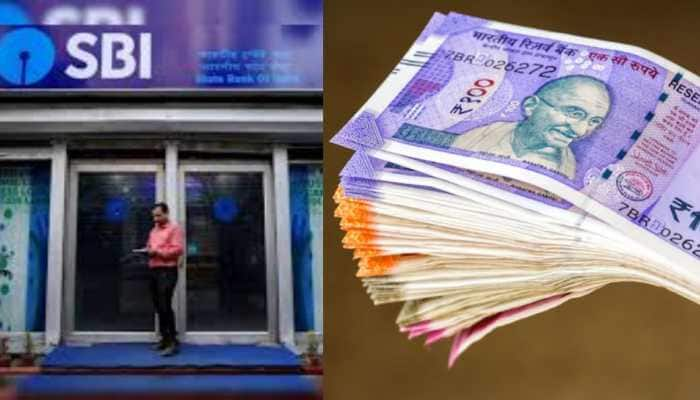India`s first space weather reading centre in Kolkata
A centre of excellence specialising in reading space weather conditions to help air traffic on polar routes would come up here by the middle of this year, the first of its kind in the country.
Trending Photos
)
Kolkata: A centre of excellence specialising in reading space weather conditions to help air traffic on polar routes would come up here by the middle of this year, the first of its kind in the country.
"It will be a centre of excellence in space sciences. The centre`s main thrust will be on areas of space weather especially weather in the solar system and gravitational physics," its coordinator, scientist Dibyendu Nandi said.
Besides air traffic on polar routes, the centre would help in the functioning of GPS networks and mobile satellites placed in space.
Nandi said coronal mass ejections (CME) and solar flares were two kinds of storms originating from the sun which exposed flights to immense amounts of radiation over polar regions.
Several commercial flights from south Asia, Europe and north America flew over the polar regions to cut short time and distance.
Nandi said if the weather in the solar system was not good it would impact the functioning of satellites, which in turn would have an adverse effect on the GPS system and mobile networks.
The centre, approved by the Union HRD ministry, would come up at the Indian Institute of Science, Education and Research (IISER) campus. The ministry has sanctioned Rs four crore for it.
"If we have prior information about a storm originating in the solar system or space, or any other changes in space weather, we will inform the civil aviation department about it so that they inform different airlines about the hazards of flying in polar or high altitudes," Nandi said.
"We will also inform the telecommunication department about changes in space weather so that they can safeguard their satellites in space. If you are aware of a storm in space then you can at least take safeguards which will in turn increase the longevity of satellites," he said.
Nandi said the centre would offer its readings free initially to the civil aviation and telecommunication department and later commercially.
According to Nandi, one of the suspected reasons behind the Chandrayan mission falling short of its expected lifespan by one year was technical problems which arose from radiation from storms originating in space.
"It is suspected that very high radiation in space due to changes in space weather damaged Chandrayan and was one of the main reasons behind the mission ending in 2009," he said.
The centre would also work in field of gravitational physics in terms of analysing data, he added.
Nandi, also involved in India`s first solar mission `Aditya` slated to be launched in 2016, said the space weather reading center would help analyse the data for it.
The centre would also offer PhD programs to students interested in space sciences.
PTI
Stay informed on all the latest news, real-time breaking news updates, and follow all the important headlines in india news and world News on Zee News.
Advertisement
Live Tv
Advertisement







)
)
)
)
)
)
)
)
)
)
